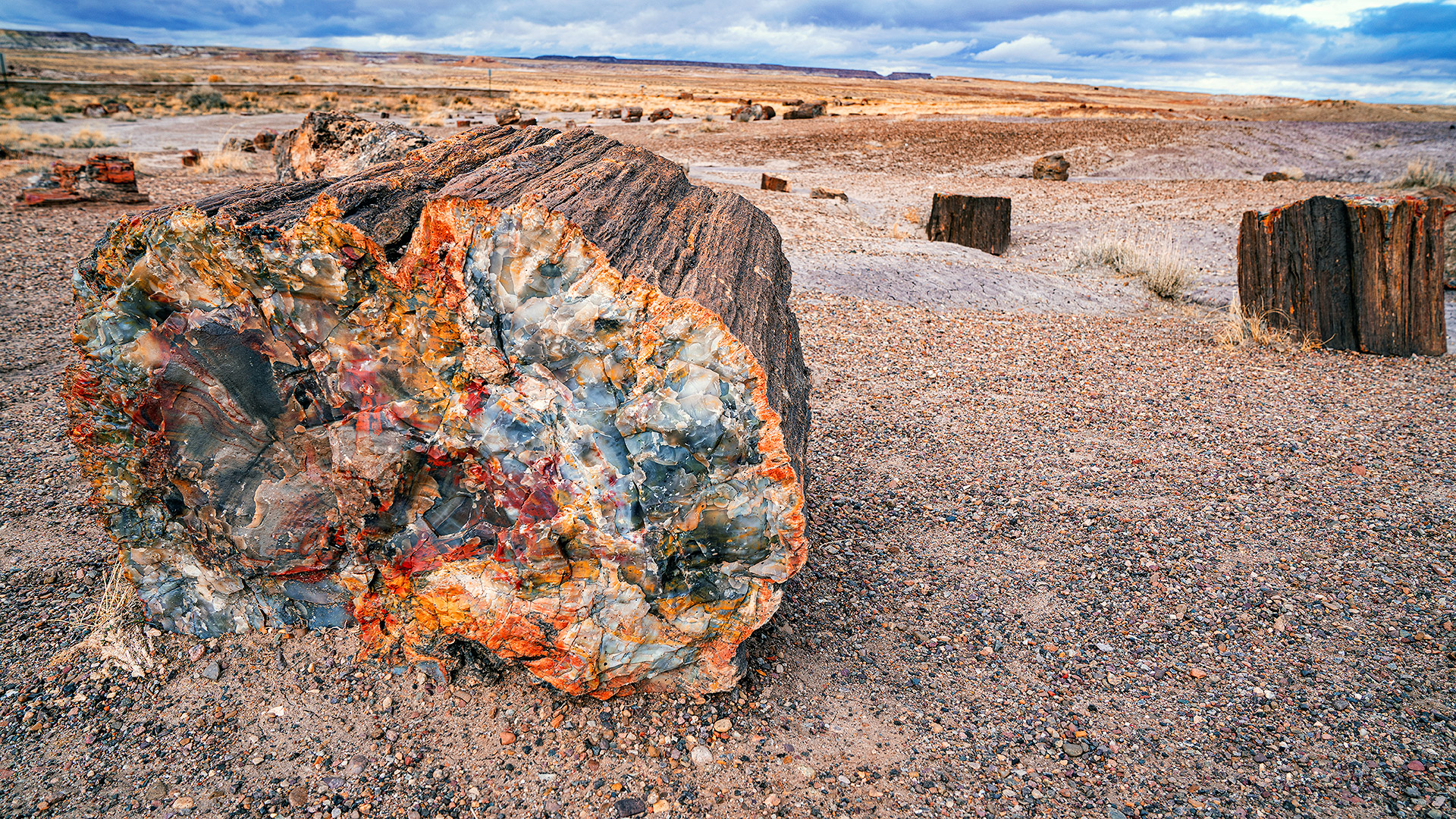Millennia in wood: drying fossilised timber
Some materials tell a story. Fossilised timber tells prehistory.
We recently had the privilege of processing a batch of fossilised wood, unearthed during geological excavations and dating back thousands of years B.C. These are ancient trees, buried and preserved under layers of soil for millennia, which have undergone a slow mineralisation process — not full petrification — partially altering their structure but incredibly preserving the soul of the wood.
To the eye, they may look like ordinary logs. But a closer look reveals a unique density, a deep hue, and grain patterns shaped by time. And once the drying process begins, every fibre silently reveals its story.
Drying without altering what nature has already perfected
For materials as delicate as they are valuable, the drying process must be gentle — one that doesn’t force, deform or compromise the natural balance created over centuries. Using our vacuum drying technology, we remove internal moisture extremely gradually, at low temperatures and in controlled conditions, preserving both the mechanical and aesthetic qualities of the wood.
Each piece is unique, and every cycle is customised — like a tailored treatment for a material outside of time.
A rare material for creations of great value
Fossilised wood is not just a witness to the past — it’s an extraordinary material for fine craftsmanship and high-end design. Due to its rarity and distinctive beauty, it is used to create prestigious furniture, exclusive objects, sculptural inlays and premium architectural elements.
This wood is not merely worked — it’s interpreted.
For us, undertaking this type of drying is an act of expertise, precision, and deep respect. After all, it’s not every day you handle a material that has been alive for thousands of years.



